- No products in the cart.
NEXT Uno Express caps. 200mg 10 pieces
$3.00
NEXT Uno Express caps. 200mg 10 pieces
Description
Composition
Active substance:
1 capsule contains: Ibuprofen – 200,000 mg.
Excipients:
Alpha-tocopherol acetate – 0.372 mg Povidone 17 PF – 30,000 mg Macrogol 600 – 414.628 mg.
Composition shell gelatin capsule: gelatin, sorbitol solution noncrystallizing, glycerol, methyl parahydroxybenzoate, purified water, red dye amazing E-129.
Description:
Capsules soft gelatinous oval, with a seam, transparent red. Contents of capsules – a colorless or tinged with pink transparent liquid.
Product form:
Capsules 200 mg.
10 capsules in blisters of PVC film and aluminum foil printed patent.
1 or 2 blisters together with instructions for use placed in a pile of cardboard.
Contraindications
Hypersensitivity to ibuprofen and other ingredients; erosive-ulcerous disease of the gastrointestinal tract (including gastric ulcer and duodenal ulcer in the acute stage, ulcerative colitis, peptic ulcer, Crohn’s disease); – full or partial combination of asthma, recurrent nasal polyposis and paranasal sinuses and intolerance to acetylsalicylic acid or other NSAIDs (including history). coagulation disorders (including hemophilia, prolonged bleeding, bleeding tendency, hemorrhagic diathesis); Children up to age 12 years; III trimester pregnancy, lactation; active gastrointestinal bleeding; intracranial hemorrhage; bleeding or perforation, gastrointestinal ulcer history provoked NSAIDs; severe heart failure; severe renal impairment (creatinine clearance less than 30 mL / min); progressive renal disease; severe hepatic impairment or active liver disease; condition after coronary artery bypass surgery; confirmed by hyperkalemia; fructose intolerance.
Carefully
With careful preparation is used in cirrhosis with portal hypertension, hyperbilirubinemia, gastric ulcer and duodenum 12 (history), gastritis, enteritis, colitis; hepatic porphyria, hepatic and / or renal failure, nephrotic syndrome; chronic heart edostatochnosti, hypertension; coagulation disorders, blood diseases of unknown etiology (leucopenia and anemia), advanced age, pregnancy (I-II trimester), ischemic heart disease, cerebrovascular diseases, dyslipidemia / hyperlipidemia, diabetes, peripheral arterial diseases, smoking, chronic renal failure (30- QC 60 ml / min), the presence of Helicobacter pylory infection, prolonged use of NSAIDs, frequent use of alcohol, severe somatic disorders, systemic lupus erythematosus or other autoimmune diseases of the connective tissue (raised risk of aseptic meningitis) simultaneous administration of oral corticosteroids (including prednisone), anticoagulants (including warfarin), antiplatelet agents (including clopidogrel), selective serotonin reuptake inhibitors (including citalopram, fluoxetine, paroxetine, sertraline).
Dosage
200 mg
Indications
Applied with headache, migraine, dental pain, painful periods, neuralgia, back pain, muscular and rheumatic pain; in feverish conditions of the flu and colds.
It is intended for symptomatic therapy, reduce pain and inflammation at the time of use, does not affect the progression of the disease.
Interaction with other drugs
Inductors microsomal oxidation (phenytoin, ethanol, barbiturates, rifampicin, phenylbutazone, tricyclic antidepressants) increase the production of hydroxylated active metabolites of ibuprofen, increasing the risk of severe hepatotoxic reactions. Inhibitors of microsomal oxidation reduce the risk of hepatotoxic action of ibuprofen. Ibuprofen reduces the antihypertensive effect of antihypertensive drugs (ACE inhibitors, blockers “slow” calcium channels, etc.)., Diuretic and natriuretic efficacy furosemide and hydrochlorothiazide; reduces the efficiency of uricosuric drugs, amplifies ulcerogenic action of glucocorticoids, colchicine, ethanol; It enhances the effect of oral hypoglycemic agents and insulin; increases the blood concentration of digoxin, drugs lithium and methotrexate. Ibuprofen increases the undesirable effects of estrogen when used together. Antacids colestyramine and reduce the absorption of ibuprofen. Caffeine increases the analgesic effect of ibuprofen. When concomitant administration of ibuprofen reduces inflammatory and antiplatelet effect of acetylsalicylic acid (may increase the incidence of acute coronary insufficiency in patients receiving antiplatelet agents as low-dose acetylsalicylic acid, after you start taking ibuprofen). In the appointment of anticoagulant and thrombolytic drugs (alteplase, streptokinase, urokinase) also increase the risk of bleeding. When the joint application of ibuprofen and tsefamandola, cefoperazone, cefotetan, valproic acid increases the incidence of hypoprothrombinemia. Myelotoxic drugs increase the expression gematotoksichnosti drug. Cyclosporine and preparations of gold enhance the effect of ibuprofen on prostaglandin synthesis in the kidneys, which is manifested by increased nephrotoxicity. Ibuprofen increases the plasma concentration of cyclosporine and the likelihood of its hepatotoxic effects. Drugs that block tubular secretion, reduce excretion and increase the plasma concentration of ibuprofen. Ibuprofen may reduce the efficacy of mifepristone, so ibuprofen should begin no earlier than 8-12 days after mifepristone. When concomitant administration of ibuprofen and tacrolimus may increase the risk of nephrotoxicity. Simultaneous use of ibuprofen and zidovudine could result in increased hematologic toxicity. There is evidence of increased risk of haemarthrosis and hematoma in HIV-positive patients with hemophilia who received co-treatment with zidovudine and ibuprofen. In patients receiving a co-treatment with ibuprofen and antibiotics quinolone series, may increase the risk of seizures.
Overdose
Symptoms: abdominal pain, nausea, vomiting, lethargy, sleepiness, depression, headache, tinnitus, metabolic acidosis, coma, acute renal failure, decreased blood pressure, bradycardia, tachycardia, atrial fibrillation, respiratory arrest.
Treatment: gastric lavage (only one hour after administration), activated carbon, alkaline water, diuresis, symptomatic therapy.
pharmachologic effect
Pharmacological group:
Nonsteroidal anti-inflammatory drugs.
Pharmacodynamics:
The mechanism of action of ibuprofen, the propionic acid derivative from the group of non-steroidal anti-inflammatory drugs (NSAIDs) is due to the inhibition of prostaglandin synthesis – mediators of pain, inflammation and hyperthermic response. Indiscriminately blocked cyclooxygenase 1 (COX-1) and cyclooxygenase 2 (COX-2), thereby inhibits the synthesis of prostaglandins. It provides quick directional effect against pain (analgesic), antipyretic and anti-inflammatory effect. Ibuprofen back inhibits platelet aggregation.
Pharmacokinetics:
Ibuprofen is absorbed from the digestive tract by about 80%. Absorption is slightly reduced while taking the drug after meals. The time to reach maximum concentration (TSmah) in the fasting – 45 minutes when administered after a meal – 1.5-2 h in synovial fluid – 2-3 hours Ibuprofen 90% bound to blood proteins, mainly albumin.. Treated presistemnomu postsistemnomu and metabolism in the liver. After absorption of about 60% pharmacologically inactive R-ibuprofen form is slowly converted into the active S-shape. The metabolism of the drug is involved isoenzyme CYP2C9. Has a biphasic kinetics with elimination half-life (T1 / 2) of 2-2.5 hours excreted by the kidneys (in unmodified form are not more than 1%) and to a lesser extent -. With bile.
Pregnancy and breast-feeding
The animal is not found adverse effects of ibuprofen on fruit research. Given the lack of a sufficient number of well-controlled observations in humans the drug should be used in the first and second trimesters of pregnancy only in cases of urgent need, if the potential benefit to the mother outweighs the potential risk to the fetus and child. Ibuprofen inhibits uterine muscle. Effect of ibuprofen on the fetus may cause premature closure of the arterial duct, which can lead to the development of neonatal pulmonary hypertension. Ibuprofen should not be used at the end (third trimester) of pregnancy. Do not release ibuprofen found in breast milk. However, due to the limited volume of these studies and the possible adverse effect of inhibition of prostaglandin synthesis in the neonate, the drug is not recommended during breastfeeding.
Conditions of supply of pharmacies
Without recipe.
side effects
In applying the drug Nekst® Uno Express side effects practically are not observed for 2-3 days. In the case of prolonged use may cause the following side effects: -CO the gastrointestinal tract (GIT): NSAID-gastropathy (abdominal pain, heartburn, diarrhea, bloating, pain and discomfort in the epigastrium), ulceration of the mucosa of the gastrointestinal tract ( in some cases, complicated by perforation and bleeding); irritation, dryness of the oral mucosa or pain in the mouth, gingival mucosa ulceration, aphthous stomatitis, pancreatitis, constipation, indigestion, nausea, loss of appetite, vomiting, hepatitis; oo of the respiratory system: dyspnea, bronchospasm, exacerbation of asthma; -Violation hearing: hearing loss, ringing or noise in the ears; – on the part of the central and peripheral nervous system: insomnia, anxiety, nervousness and irritability, agitation, depression, confusion, hallucinations, rare – aseptic diseases), headache, dizziness, drowsiness; – on the part of the cardiovascular system: the development or exacerbation of congestive heart failure, tachycardia, increased blood pressure; – with the urinary system: acute renal failure, sky allergic nephritis, nephrotic syndrome (edema), polyuria, cystitis; – the part of hematopoiesis: hemolytic anemia, aplastic anemia, thrombocytopenia and thrombocytopenic purpura, agranulocytosis, leukopenia, pancytopenia; – on the part of the organs of vision: a reversible toxic amblyopia, blurred vision or double vision, dryness and irritation of the eyes, swelling of the conjunctiva and eyelids (allergic genesis), scotoma, violations of color vision; – allergic reactions: skin rash (typically erythematous, urticaria), pruritus, edema
Angioedema, anaphylactoid reactions, anaphylactic shock, bronchoconstriction, fever, erythema multiforme (including Stevens-Johnson syndrome), toxic epidermal necrolysis (Lyell’s syndrome), eosinophilia, allergic rhinitis; – Other: increased sweating.
The risk of mucosal ulceration gastrointestinal bleeding (gastrointestinal, gingival, uterine, hemorrhoidal) impairment (impaired color vision, scotoma, amblyopia) increases with prolonged use at high doses.
When side effects should stop taking the drug and consult a doctor.
Laboratory parameters. – Bleeding time (may be increased); – the concentration of glucose in serum (may be reduced); – Creatinine clearance (may decrease); – hematocrit or hemoglobin (can be reduced); – a serum creatinine concentration (may be increased); – Activity “liver” transaminases (may be increased).
special instructions
During treatment requires monitoring picture peripheral blood and functional state of the liver and kidneys.
When the symptoms of gastropathy shows careful monitoring, including the holding of esophagogastroduodenoscopy, a blood test with the hemoglobin, hematocrit, analysis of stool for occult blood. To prevent the development of NSAID-gastropathy should be combined with preparations of prostaglandin E (misoprostol). If necessary, definition of 17-ketosteroids drug should be discontinued 48 hours before the study. Before therapy in patients with a history of hypertension and / or heart failure caution and consult a specialist because these patients were marked: fluid retention, hypertension and edema associated with taking NSAIDs.
Long-term use may increase the risk of acute coronary disease or stroke.
In patients with asthma or allergic diseases in the history of the drug can cause the development of attack or bronchospasm. During the period of treatment is not recommended intake of ethanol. Ibuprofen has an antiplatelet action (weaker in comparison with acetylsalicylic acid), which requires careful observance destination in case patients with impaired blood clotting, and also taking anticoagulants.
It is recommended to take the drug as short course and the minimum effective dose necessary to relieve symptoms. Means suppressing cyclooxygenase and prostaglandin synthesis, can affect ovulation, disrupting women’s reproductive function (reversible after discontinuation of treatment).
Effects on ability to drive vehicles, mechanisms:
In the period of treatment should refrain from activities that require attention and speed of mental and motor responses.
Storage conditions
In the dark place at a temperature not higher than 25 C.
Keep out of the reach of children.
Dosing and Administration
Nekst® Uno Express is prescribed for adults and children over 12 years inside after eating, 200 mg (1 capsule) 3-4 times a day. The capsules should be taken with a glass of water.
To achieve a rapid therapeutic effect, the dose may be increased to 400 mg (2 capsules) 3 times a day. Upon reaching the therapeutic effect of the daily dose reduced to 600-800 mg.
The maximum daily dose for adults is 1200 mg (not take more than 6 capsules per 24 hours).
The maximum daily dose for children 12-18 years of age is 800 mg. Second dose taken no earlier than 4 hours.
If the use of the drug for 5 days pain or within 3 days of fever stored or amplified, should cease receiving and consult with a physician.
Information
Appearance may differ from that depicted in the picture. There are contraindications. You need to read the manual or consult with a specialist
Additional information
| Weight | 0.100 kg |
|---|---|
| Manufacturer | NEXT |

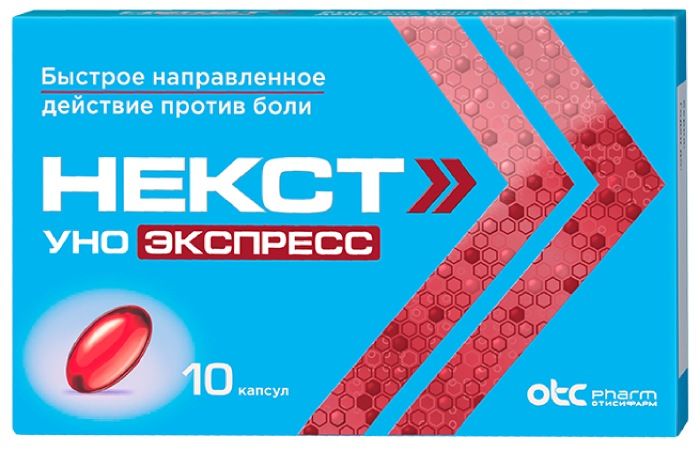
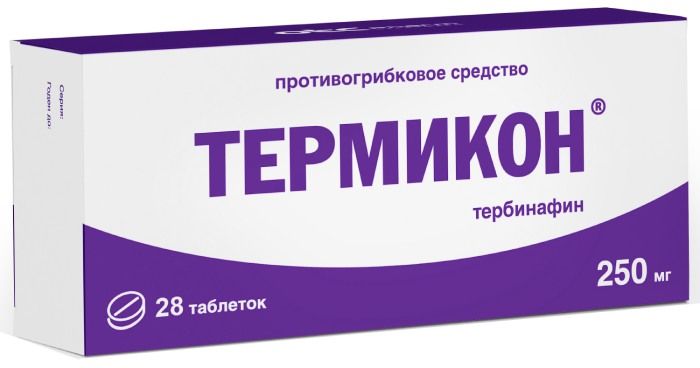
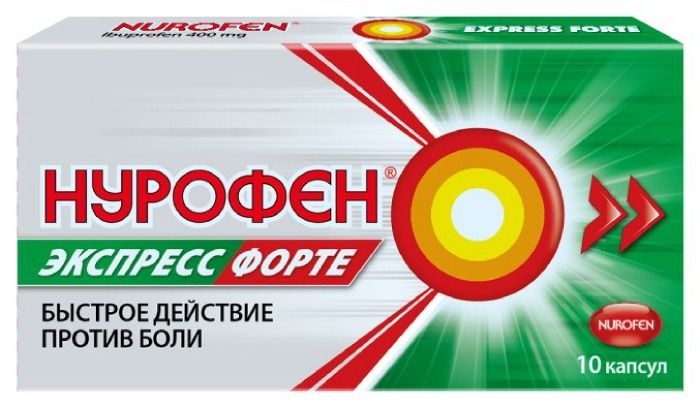
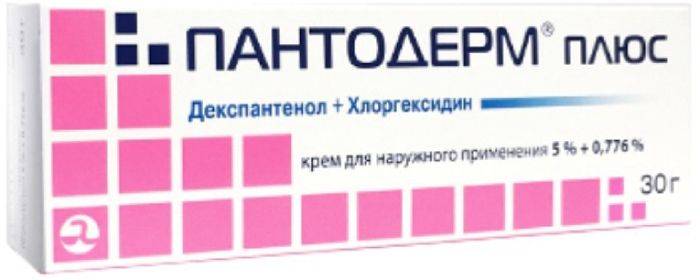
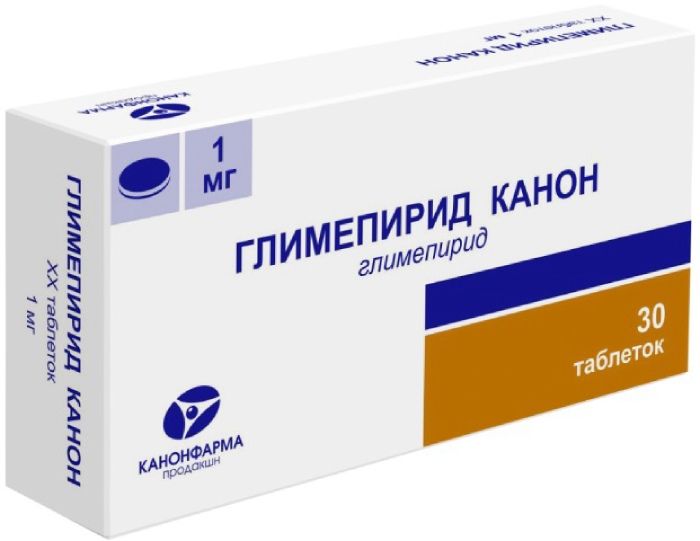

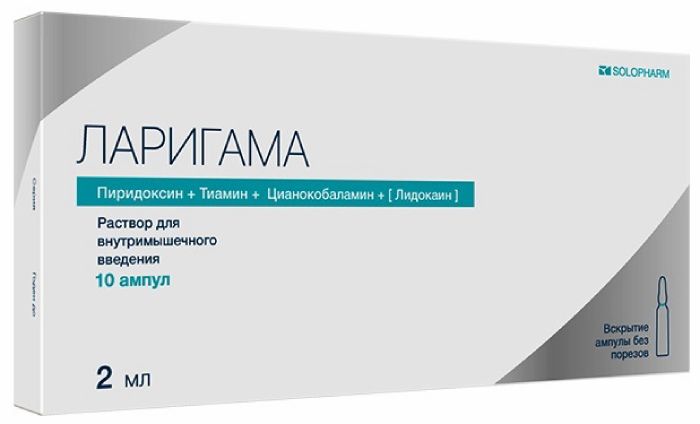
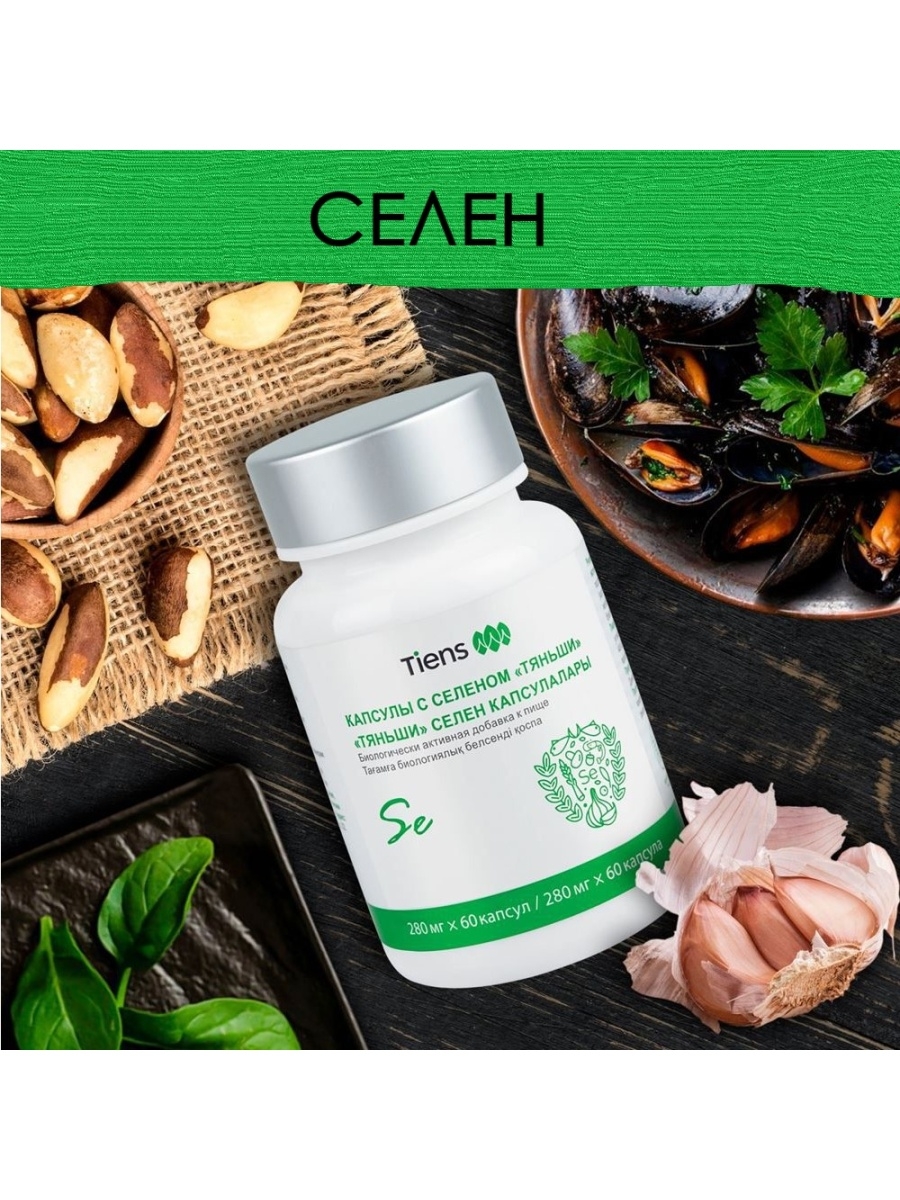
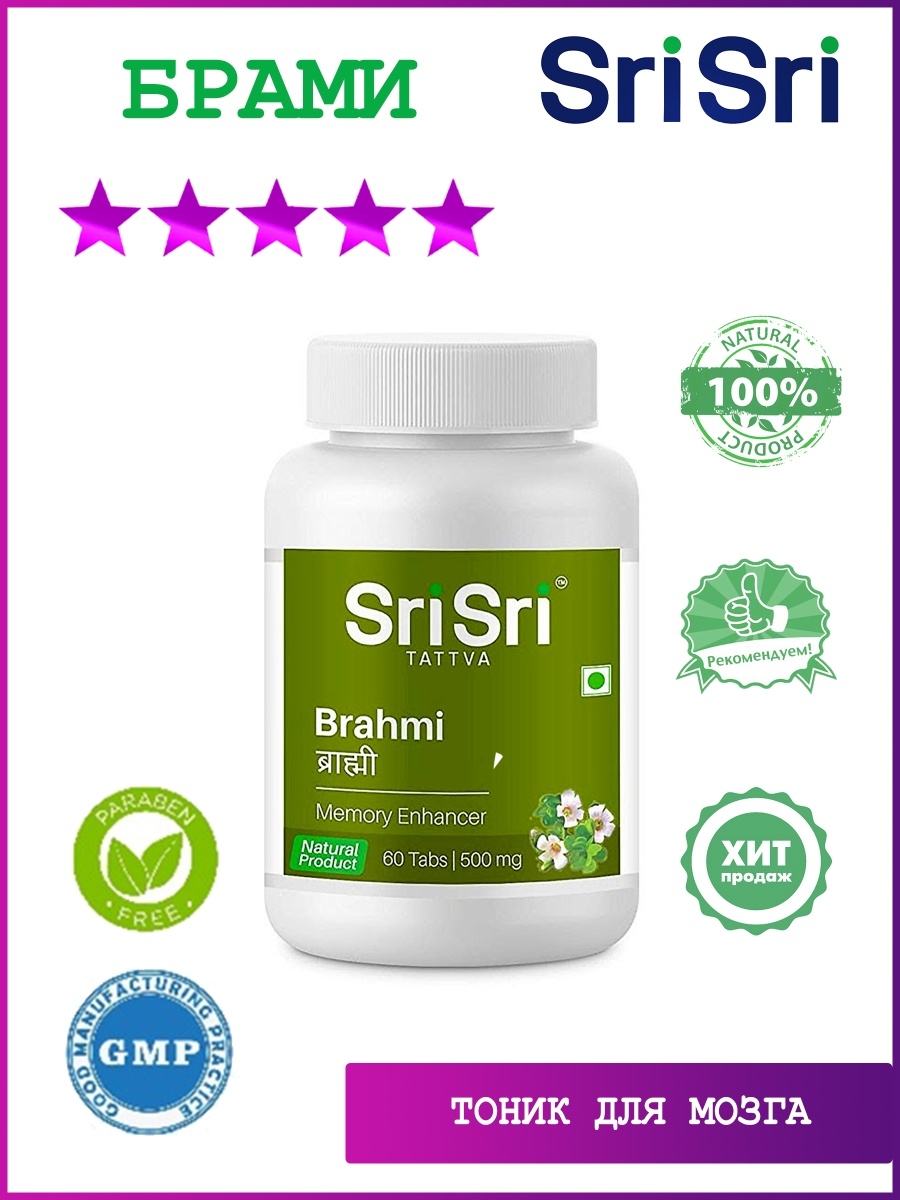

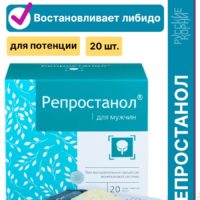
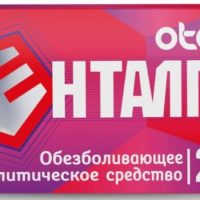

There are no reviews yet.